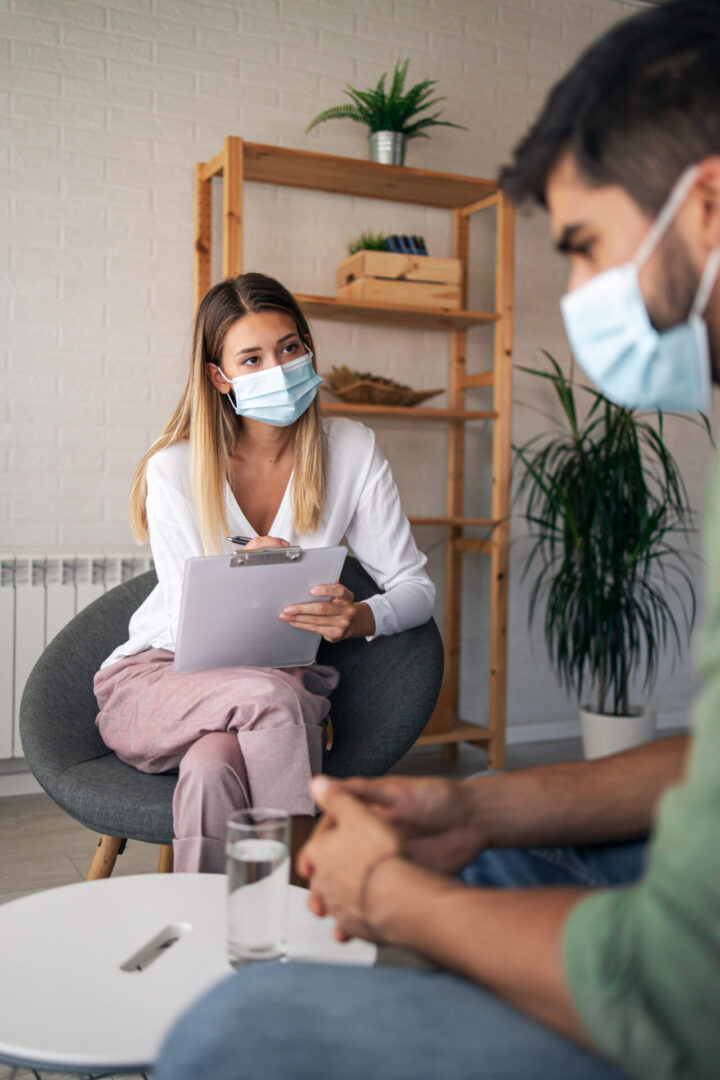Back to the Basics of Behavioral Health
Over the past year, organizations across the globe have encouraged employees, families, children, and individuals to take the time necessary to ensure their mental wellness. While we've made great strides in breaking the stigma and realizing the importance of self-care, we should always prioritize mental health, not just during a global pandemic or Mental Health Awareness Month. That's why this year, we're reminding everyone that mental health awareness is #MoreThanAMonth.
What is the definition of mental health?
According to the World Health Organization (WHO), mental health is "fundamental to our collective and individual ability as humans to think, emote, interact with each other, earn a living and enjoy life. On this basis, the promotion, protection and restoration of mental health can be regarded as a vital concern of individuals, communities and societies throughout the world."
Essentially, mental health is just as important as physical health when thinking of the overall wellness of a human being. Unfortunately, a stigma has been built towards mental health and those suffering often feel shame. This month is just one example of breaking the misguided stigma so every single individual can prioritize their mental health.
Who does mental health affect?
Mental health affects everyone, plain and simple. The severity in which it affects the lives of each individual exists on a spectrum, but even seemingly insignificant mental health struggles are just as valid as serious cases. According to The National Alliance of Mental Illness (NAMI), 1 in 5 U.S. adults experience mental illness each year and 1 in 6 youth (ages 6-17) experience mental illness each year.

How can I treat mental health?
Mental health can be treated in a variety of ways, ranging from intensive therapy to medication. The chosen treatment varies in each unique case, but the most common are:
- Psychotherapy includes meeting and working with a trained mental health professional. Examples include Cognitive Behavioral Therapy (CBT), Exposure Therapy, Dialectical Behavior Therapy, etc.
- Medication can help significantly to manage symptoms of mental illness. A combination of medication and psychotherapy is highly recommended.
- Hospitalization occurs in severe cases in which the individual needs immediate, closely-monitored intervention.
- Support Groups are a great option to connect with other individuals suffering from the same issues. Creating strong bonds and support systems is key for positive mental health.
- Self-Care techniques are a simple, less intensive ways to address your emotional, physical, and spiritual health as they pertain to your overall mental well-being. There are hundreds of ways to treat yourself, from healthy eating to meditation.
Take control of your mental health this Mental Health Awareness Month. For more resources, visit our Mental Health Resource Center to educate yourself on the various aspects of mental health. If you or a loved one is experiencing mental illness, clinicians in our Counseling & Wellness Centers are available to help.
Call our main number at 844-4-ACENDA (844-422-3632 x9500) for more information or to schedule an appointment.
Sources: